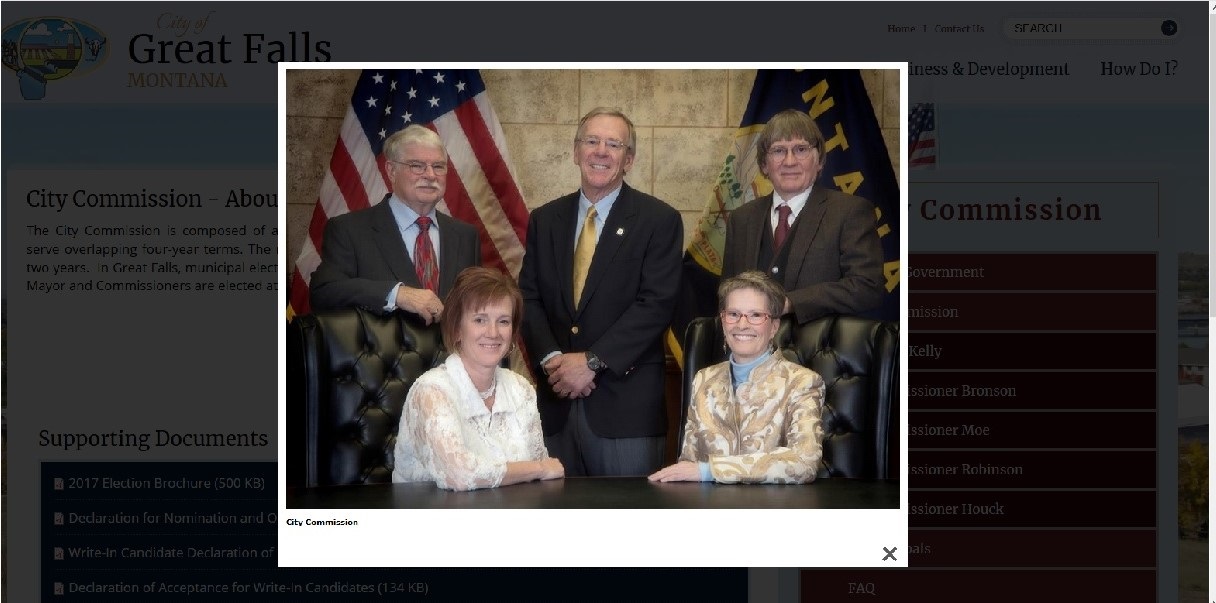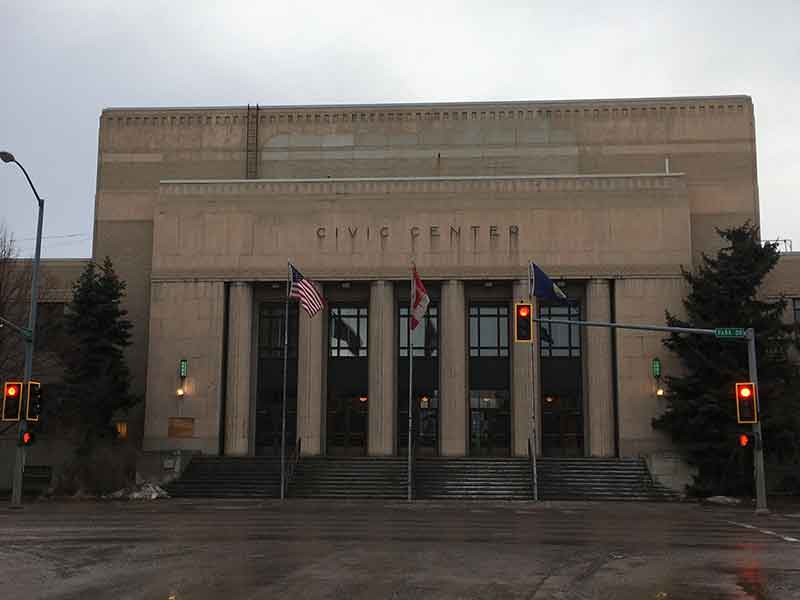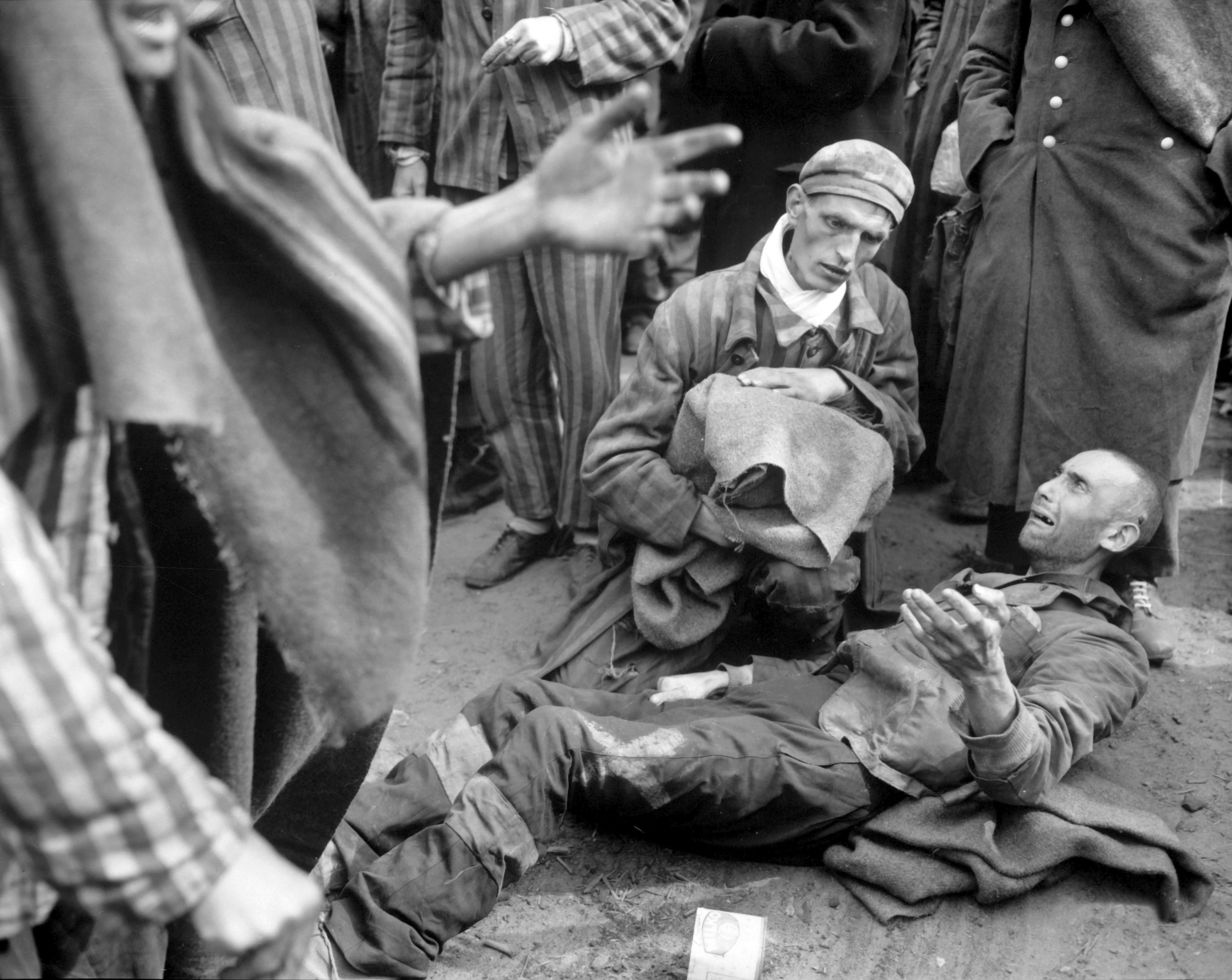________________________________________________________________________ In a recent article posted in The Electric there’s a quote from Great Falls Mayor Bob Kelly that I found to be interesting…and very revealing. ‘Kelly said some people think the city discourages development. “When people say we don’t encourage, of course we do, of course we want development,” Kelly said. “We don’t…
Author: Rick Tryon
Great Falls And Buck The Earless Dog
________________________________________________________________________ I find it interesting that when I point out some of the harsh realities going on in Great Falls the same old group of usual suspects wag their fingers and scold me for being “negative” and not focusing on the “positive”. It’s almost always the same folks doing the scolding who are partly…
Great Falls, You Have Cancer
________________________________________________________________________ There have been two disturbing stories in the last 10 days about Great Falls which have raised a lot of discussion and a lot of eyebrows around town. First is the article which corroborates an unpleasant reality about our town, a reality that many folks have been concerned about and sounding the alarm…
Pretty Little Lies: Part Two
________________________________________________________________________ In “Pretty Little Lies: Part One” we were looking at how Great Falls city commissioner Tracy Houck’s recent comments on a local Facebook post provide “an example of how public officials and politicians skew and massage facts to make themselves look better or avoid accountability.” Continuing now with Houck’s “clarification” (You can see…
The Great Falls Poverty Industry Is Thriving
In an article titled “What city is hit hardest by extreme poverty in your state?”, written by Evan Comen and Samuel Stebbins of 24/7 Wall Street for USA Today and published July 13, 2018 in the Great Falls Tribune, Great Falls gets the dubious distinction of being the hardest hit by extreme poverty in Montana. Here…
Pretty Little Lies: Part One
________________________________________________________________________ I happened to be reading a Facebook comment thread the other day in which quite a few Great Fallsians were weighing in on what they’d like to see in our town. One of the comments, from Great Falls city commissioner Tracy Houck, provides an example of how public officials and politicians skew and…
Intimate Relationship Between City Of Great Falls And Great Falls Public School District
________________________________________________________________________ Yesterday a couple of sentences from an article by Phil Faccenda in E-City Beat caught my eye (“City Of Great Falls Caves To School District”): “One has to understand the ‘special’ relationship between the City Commission and the Great Falls Public School District. In many respects, I think the school district has more…
The Danger Of Calling Fellow Great Fallsians Nazis
A Facebook friend of mine recently sent me this screenshot of a comment thread he was involved in just a couple of days ago. The Trump hater in this thread is also a Great Falls resident. The last comment in the thread is particularly troubling. It appears it’s now just commonplace to label our fellow…
Grumbling, Wallowing And Betraying
I am very optimistic about the future of Great Falls, in part because so many citizens are starting to pay more attention to local public affairs and officials. Recently someone sent me the minutes from a May 25, 2010 Great Falls Public Schools Facilities Task Force Focus Group meeting at which then and current Great…
A Great Falls To Bozeman Eye-Opener
Last week I took a trip to Bozeman, MT and spent a couple of days in the area. Wow, talk about an eye-opening experience! I hadn’t been there in a good many years and I assumed it was pretty much the same Bozeman I knew from back in the day and have since heard about:…









